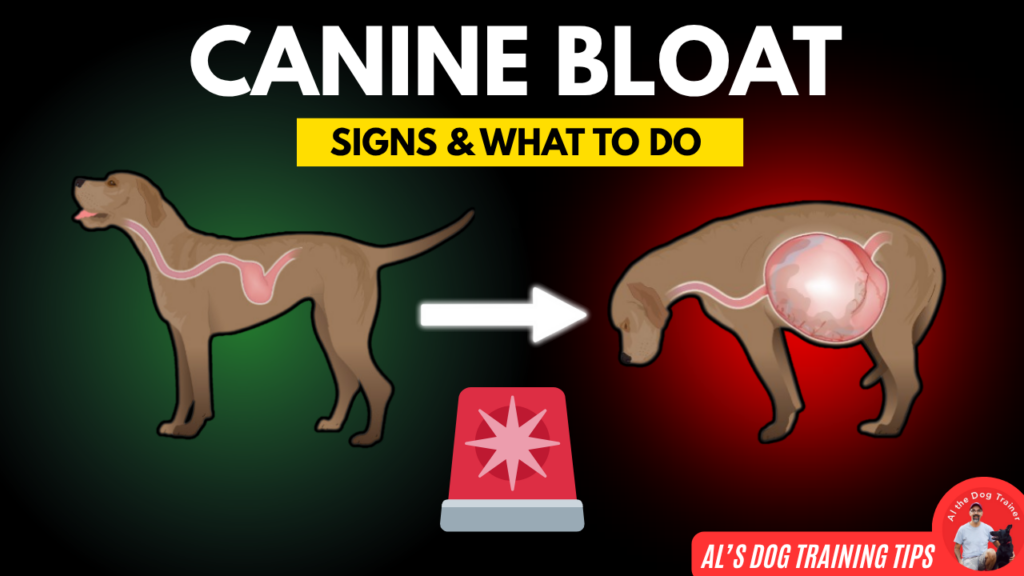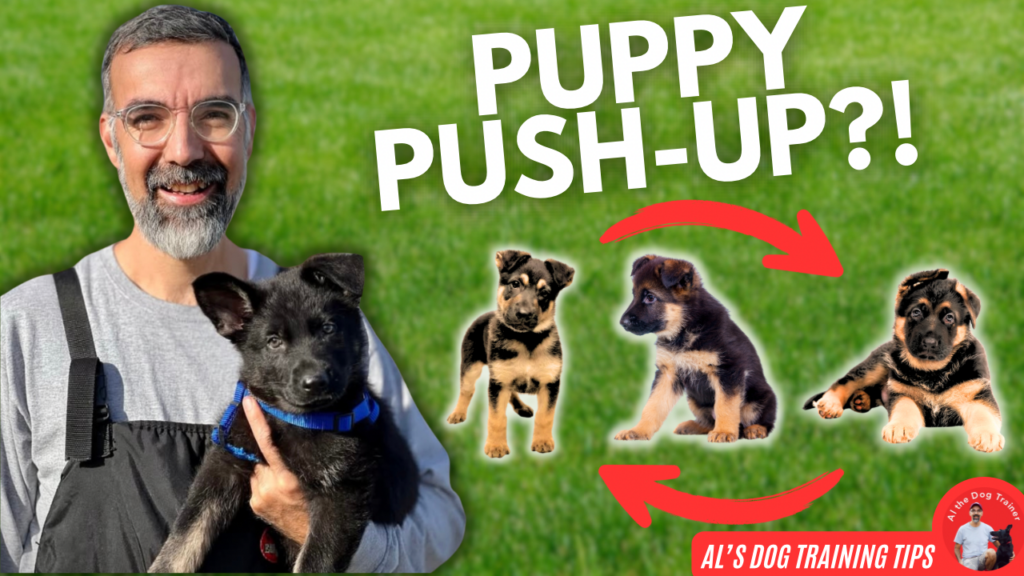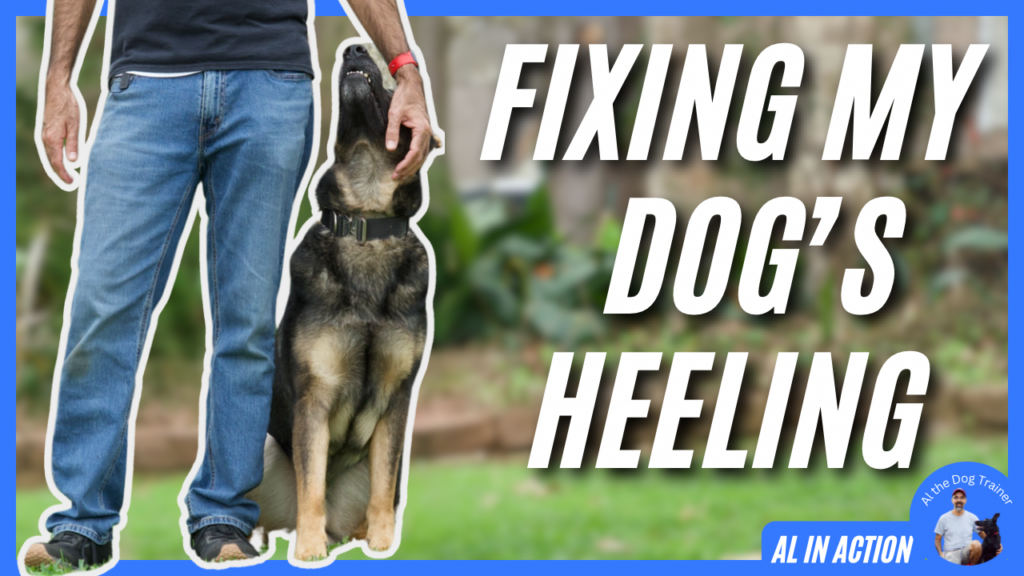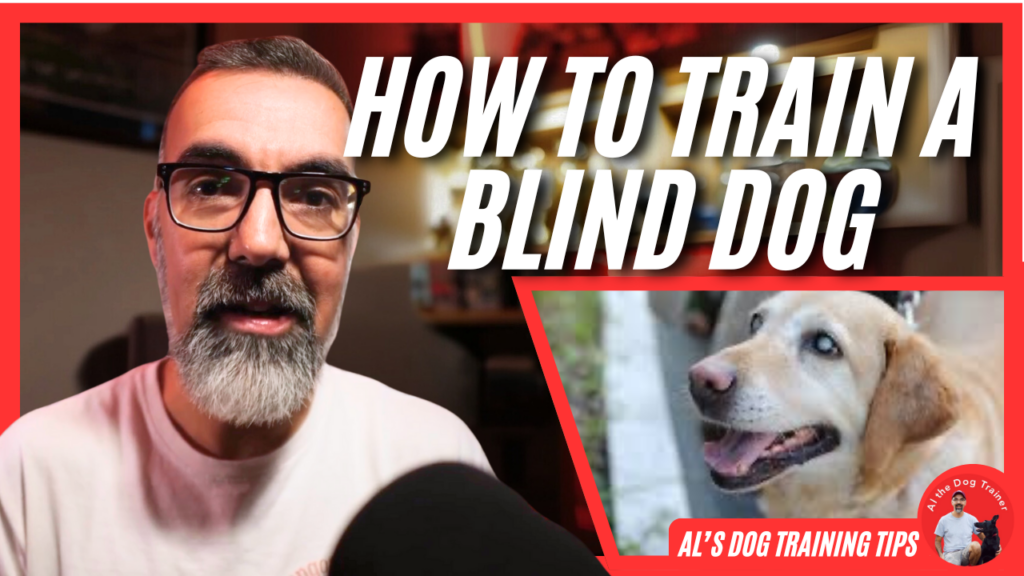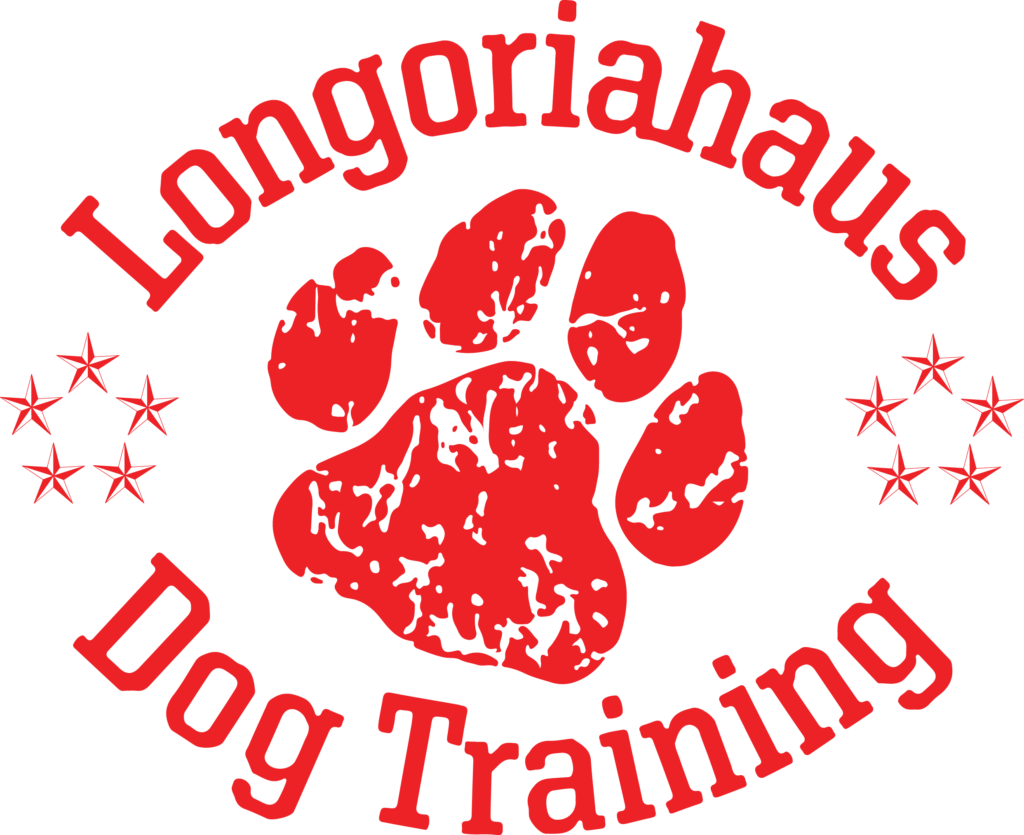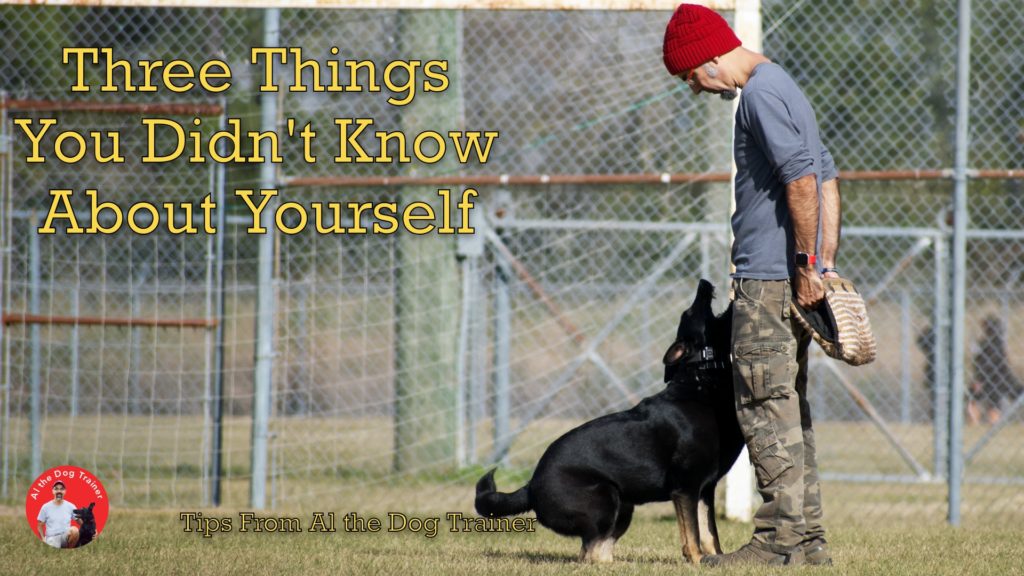
Today was an interesting day. I didn’t have too many clients, and I’m kind of easing back into things after the new year. I did see quite a few things today that I wanted to share with you. Some things I observed about humans and the different things that humans do. Maybe you’ll learn some things you didn’t know about yourself.
Do You Rush?
The first thing is, “Do you rush when you are learning something new?” This is something that I’ve noticed quite a bit within the first 2-3 sessions I have with most of my clients. When people are learning something new, they tend to rush through it. You may be one of those as well. As you’re thinking about your dog training and getting better at your own handler skills, do you ever just take your time and deliberately go through that?
It would help if you watched yourself. Maybe even video yourself or have a friend record you. If you watch yourself and notice that your communication is rushed, slow it down. Here’s a little tip when you’re training dogs. Timing is critical. As a former musician, I know that the faster a song goes the harder it is to get all the timing right. So, as you’re thinking about your dog training again, slow down. That way, you can get the timing right. As you get better at getting the timing right, you can speed it up and have it be exactly what you want.
Don’t Forget To Breathe
Next is, “Do you hold your breath when you are heavily concentrating?” It’s so funny, but a lot of my clients do this. Especially in the leash walking sessions when I’m sending a lot of information to them. They’re walking with their dog, and I look at them and see their faces just turning super white, and I ask, “Are you breathing?” Then the person just gasps out, “I am now.” Then, we generally have a good laugh.
You’ve got to breathe when you’re doing this because you’re just going to tense up, and you’ll send that information down the leash. I know this may sound funny because you want to breathe. But sometimes you have to take a little bit of conscious control of your breath. As you do that, it helps relax you and helps to keep you in control. If you can do that, it’s much easier to handle a dog.
Reward Or Not To Reward
Lastly is, and this is really a very important one, “Do you reward things that make the problems your dog has worse? This one’s really, really tough because a lot of times we will complain by saying, “oh, the dog is jumping, the dog is pulling on the leash, the dog is counter surfing,” but then we end up sabotaging ourselves and rewarding the dog when they actually made a mistake.
Let me give you a prevalent one that I see often. A dog was barking quite a bit, then the person yelled the dog’s name and said “quiet.” The dog immediately became quiet, and then they immediately praised the dog. However, it’s important to remember if your dog is doing something you don’t want, like barking, then you tell them to shut up or you tell them “No” and then they do it and you reward them, you’re actually still rewarding them for barking.
My advice to you is to keep in mind any things you don’t like about your dogs’ habits. I want you to distance your rewards and don’t put any reward anywhere close to that. As a guide, I don’t want to put any reward within five seconds of a mistake. So what I’ll do is I’ll just count 1,001 1,002 1,003 1,004 1,005, then when I get to 1,005, I look down at the dog and if it’s on target with what I’m trying to teach, then I’m going to reward the dog.
If I don’t like what I see, well, now I have to think, “do I give the dog some information? Do I wait the dog out?” It can get a little tricky here but use your best judgment and if you have any questions, don’t hesitate to send me a text at (832)734-5189.
I hope this was helpful and that you learned a few things you didn’t know about yourself. Remember, you can always go to my YouTube Channel for more tips like this or find them right here on my website www.longoriahausdogtraining.com.
Happy Training!

